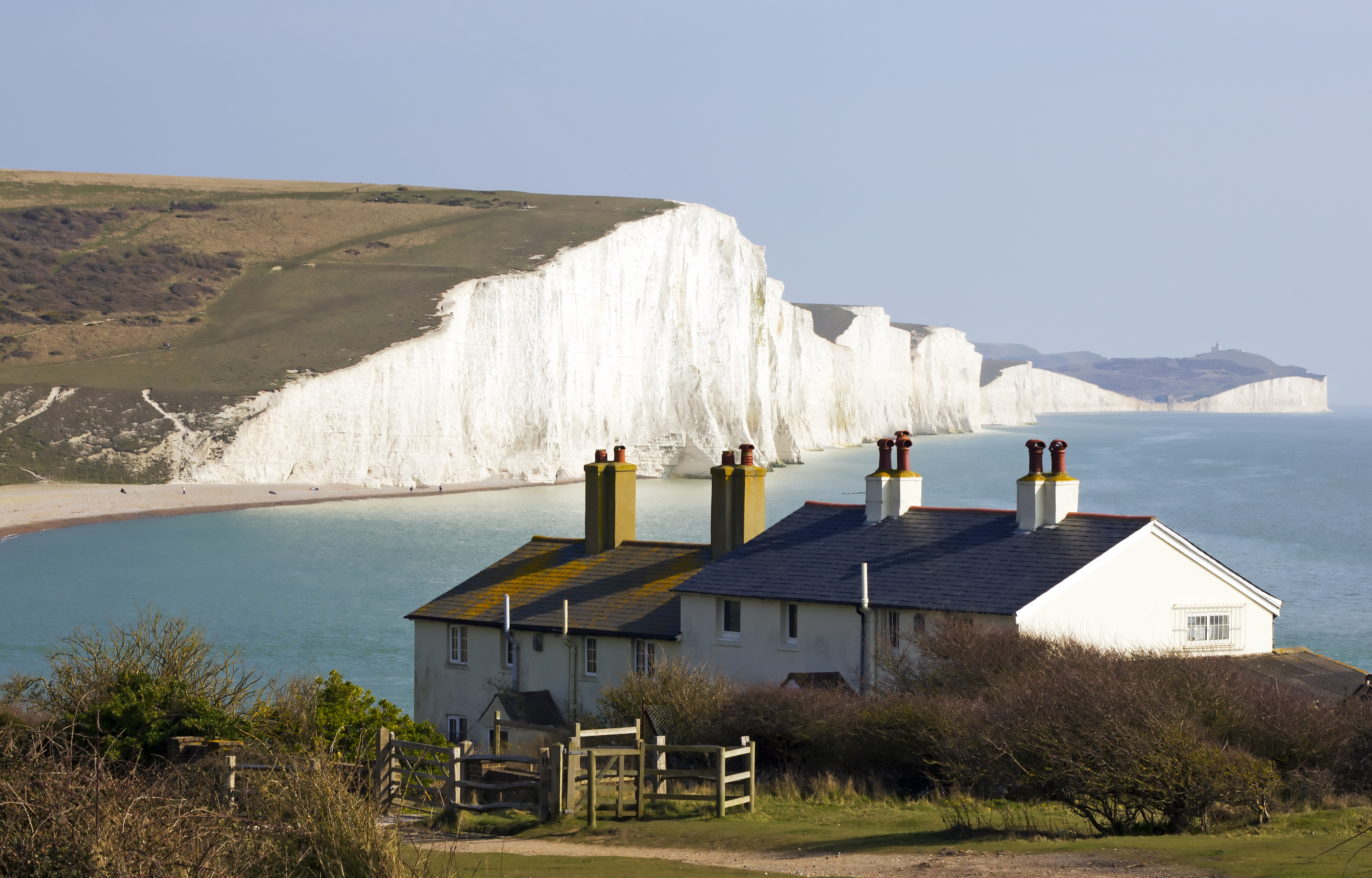
Whether you’re a first time buyer, or you’ve bought and sold a number of properties, UK house prices and the factors that influence them can be confusing. In reality, there are a number of things that can have an impact on UK house prices – in this blog we discuss some of the most prominent factors:
The Economy
The state of the economy has a huge impact on the property market as a whole, including house prices. Naturally, if the economy is doing well and people are in well paid jobs, they are more likely to be able to afford to buy, making the demand for houses soar. Demand pushes house prices up, meaning the property market becomes fast moving. The opposite can also be true if the economy experiences a slump or uncertainty. High levels of unemployment due to the job market slowing down can also make less people able to afford a house, and can therefore mean house prices drop.
Availability of Housing
If supply and demand do not match, and there is a shortage of available, affordable housing, then house prices will rocket. Simply building new homes in this instance isn’t as simple as it may seem. There are challenges presented for those in the new build sector, as planning permissions and other regulations can add significant time constraints to construction. While many people complain about green land being used to build new homes in the UK, often limited space for properties is a challenge too.
Property Type and Location
This is one of the more obvious factors – generally if a property is in a sought after location, the value of the house will increase. Similarly, if an area and its facilities are not in high demand, your property’s value may decrease. This can be one of the challenges presented to those buying property for investment purposes. In the same respect, generally, if your property has a garden or more bedrooms it may be worth more when you come to sell. This isn’t always the case though, as other factors such as the location may have more influence. You can get a property valuation quote here.
Mortgages
The availability of mortgages can also play a part in determining UK house prices. If banks have less money to lend, their requirements for borrowers will become stricter, therefore pushing those with less money to spend out of being able to acquire a mortgage and therefore buy. Similarly, if there are economic uncertainties or downturns, we may also see consumers being cautious about taking out mortgages in case the economy changes and they cannot keep up with repayments. Ultimately, less people taking out mortgages means less people buying, which in simplistic terms creates availability and should lower house prices.
Budget Changes
Any change that encourages more people to buy can cause house prices to rise. The abolishment last year of stamp duty for first time buyers was aimed at helping to get first time buyers on the property ladder, thus encouraging the purchasing of property and reducing availability.
To find out how Dawson & Associates could help you if you’re thinking of buying or selling property, please see our full list of services here or contact us.





